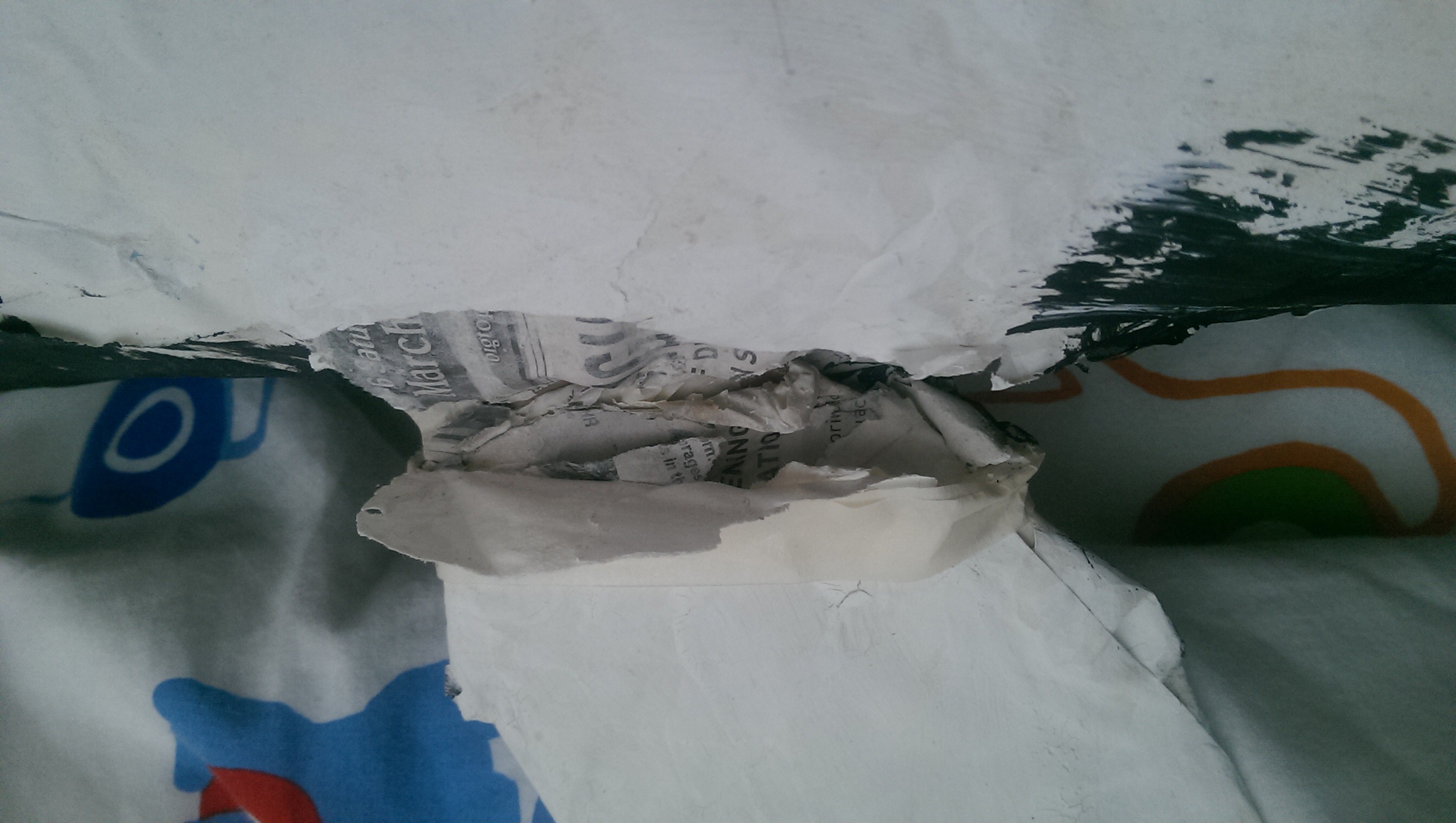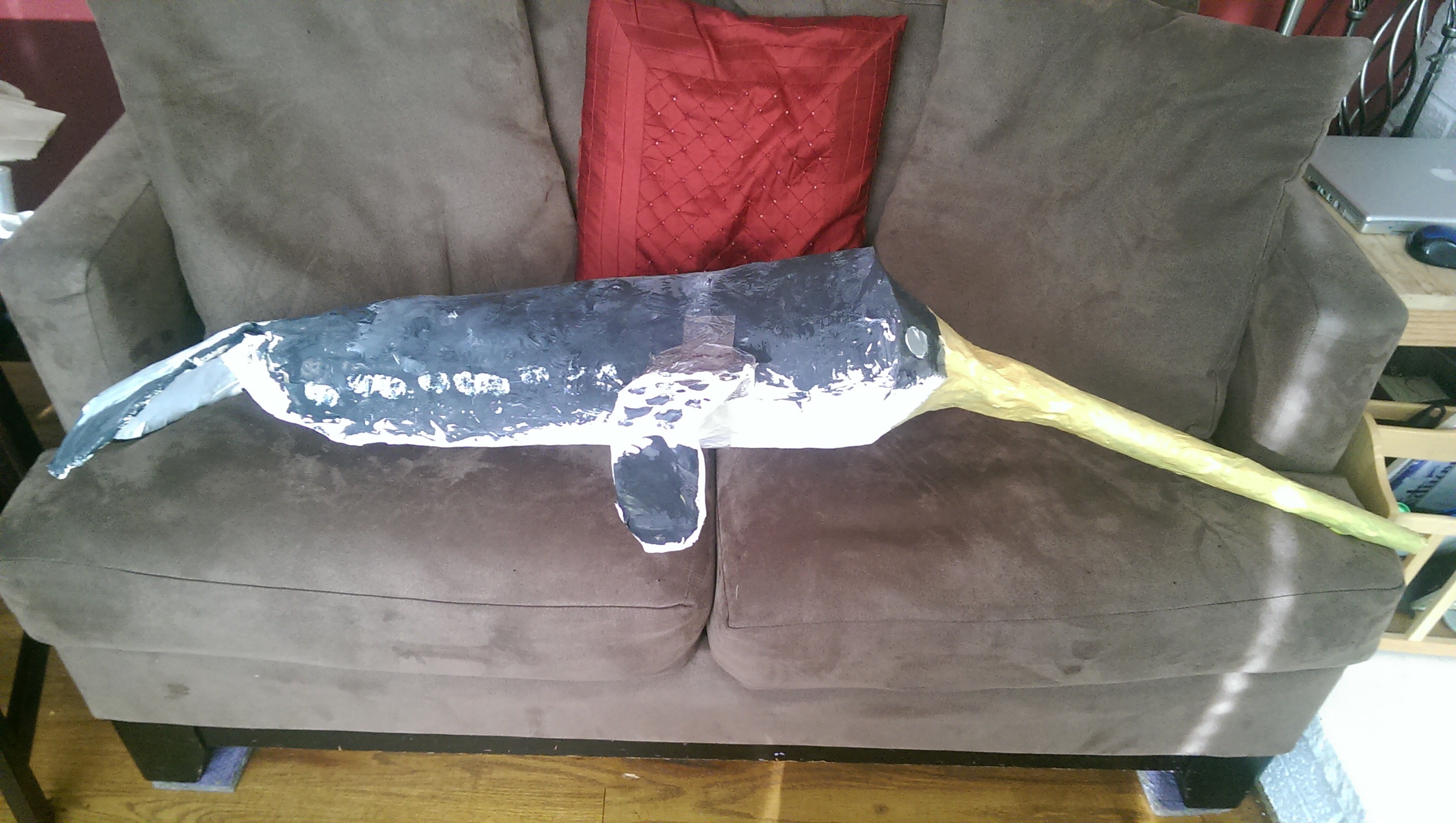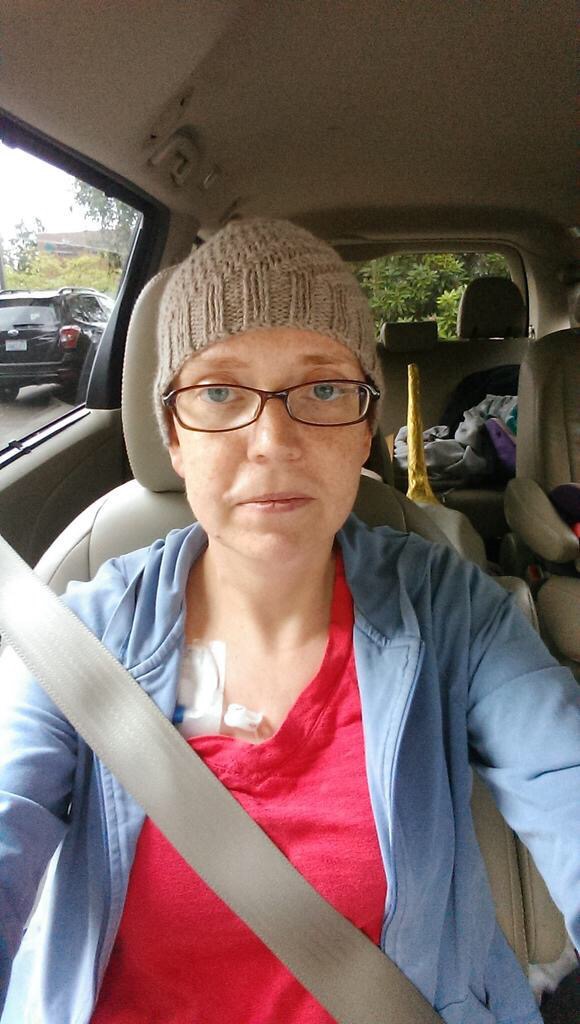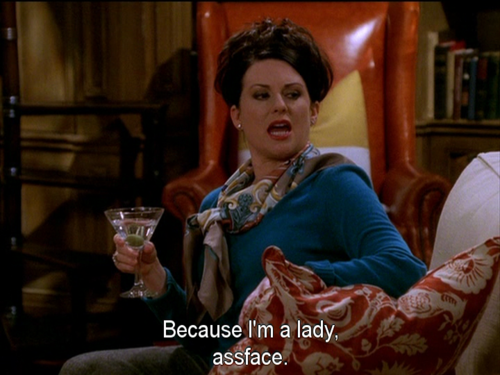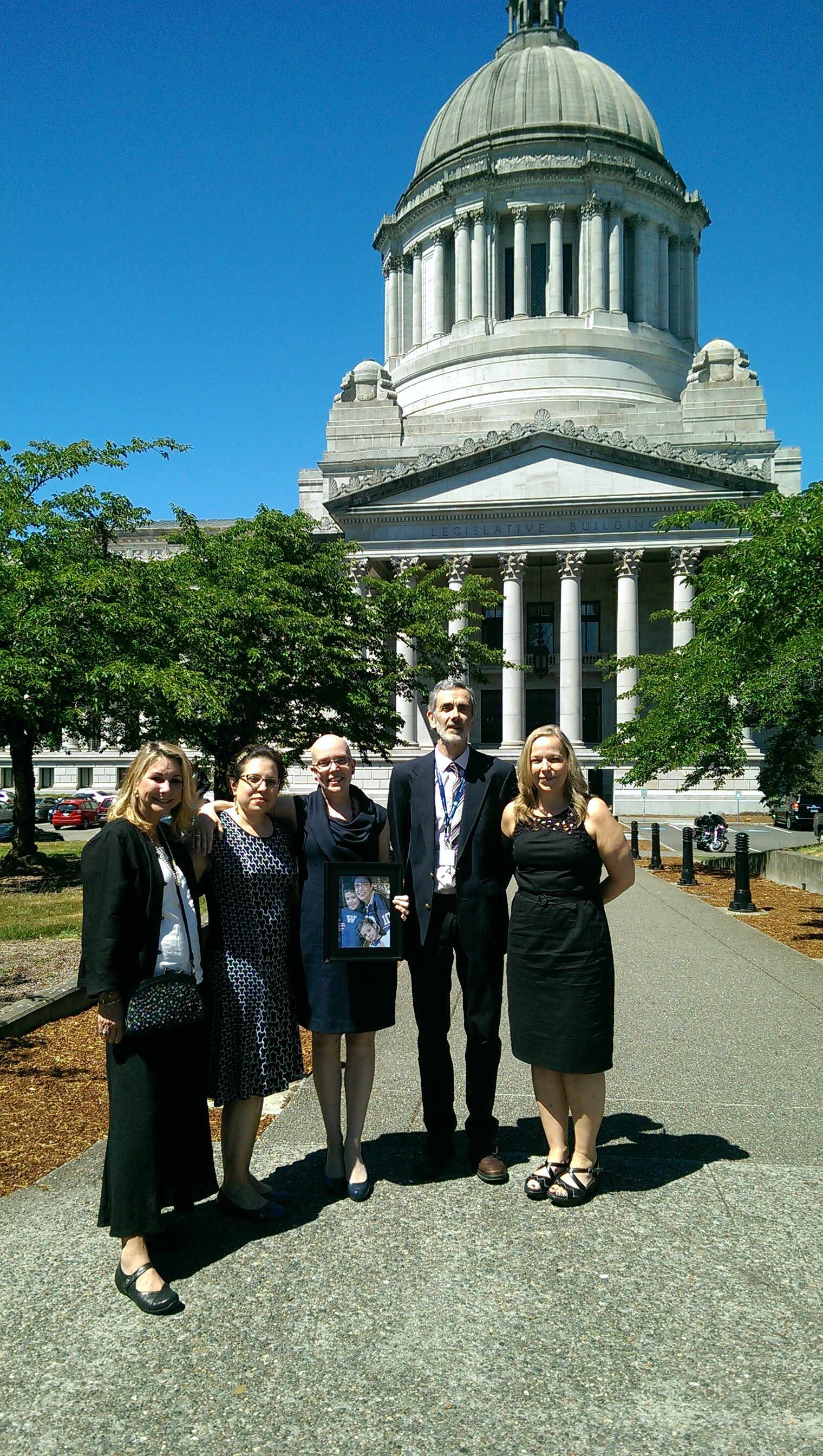You may remember that when I went to speak at a hearing at our state legislature last month, I asked The Boy what he thought I should tell them about why cancer research is important. As I told the House finance committee, “He said, ‘Tell them that without research, maybe even one of THEM might get sick, or even die.’ And my heart sank for a moment, and I asked him if he was scared that I would die, and he got very quiet and nodded. And the worst part of all this is that I couldn’t tell him that I’ll be OK, because that would be a lie.”
When I first thought about going to the legislature, I thought, “Maybe I should bring The Boy.” The Girl is still too young for such an outing, but at 8, The Boy is curious about my advocacy work and wants to participate. When I told him I might be going to some protests about cancer research funding, he said, “Can I come? Will you get arrested? I want to go to jail with you!” I laughed at him because A, I’m not getting arrested, and B, if I was, there is no way in fuck he’s getting arrested with me. Maybe if I live another 10 years and he’s an adult, but we all know the odds of that happening.
But a trip to a committee hearing seemed like it could be a good lesson for him. I want him to learn about speaking truth to power, and using our words and our ideas to convince people. These are important values for me, and I know it would be a memory that would stick with him, to watch his mom doing that.
On the other hand, I knew that for my testimony to be effective, I was going to have to speak about my prognosis. Up until now, we’ve carefully avoided that subject. I’ve told him things like “I’ll always have cancer, so I’ll be having treatments for it for the rest of my life” but we haven’t talked about the whole “rest of my life” part being a lot shorter than he expects. A sunny Thursday afternoon in a committee hearing didn’t sound like the best time for that conversation either. So, I gave up the idea of bringing him along, even though he really wanted to go.
Fast forward to after the hearing. He gets home from daycamp and he asks how it went, and I told him it was awesome, and The Hubs, without thinking it through, says “I recorded it so you can watch Mommy talking at the hearing.” Uhhhhhh…you mean the part where I repeatedly mention that I will die of my disease? But the cat was out of the bag, and I thought to myself, “He’s aware that death is a risk with cancer, we know that from what he told me to tell the legislators. Maybe it’s time.”
So I let him watch it. And when he heard me say “I will die” he turned to me, and said, “Mommy, are you going to die?” And I said, “Someday, sweetie, but not today!” in as cheerful a voice as I could muster. But being the child of a lawyer, he knows bullshit non-answers when he hears them, so he said, “But are you going to die of cancer?” And I said, “Probably…but, I have a very smart doctor, right? And he’s taking good care of me.” And he said, “OK” and his little ADHD brain moved onto other things.
But at bedtime that night, as I was tucking him in, he said, “Mom, I’m going to miss you when you die.” And I said, “Oh sweetie, I want to hug you right now.” And we hugged while I pulled myself together and I said, “We all miss people when they die. I miss my grandparents very much, and I know Nana and Papa miss their parents too. It’s normal to be sad when someone dies. But you know, we will always have our memories of them, so they’re not really gone.” And that seemed to bring him some comfort, and we hugged again. I walked out of the room, down the stairs, and halfway down the hallway before collapsing in a puddle of sobs on the floor.
But the thing is, I knew this day would come someday, when he was big enough that we couldn’t really hide it from him anymore. He figured out the Easter Bunny a couple years back, and when that happened, we got him excited about participating in hiding the Easter eggs for his little sister. And now that he knows Mom will probably die of cancer, he’s excited about the idea of coming to a die-in with me, and talking to elected representatives about funding cancer research to save his mom. He’s ready to be a participant in making the change . I didn’t know if I’d live long enough to see this happen, and even though it breaks my heart to see him scared and sad, it fills my heart with joy to get to see him reach this milestone.
Speaking of die-ins, a few of us in Seattle are planning one for here in town in the not too distant future. If you’d be interested in helping out with the planning (it’s not easy for terminally ill people getting chemo to organize an event, so we could use the help!) or attending it, drop me a note at cultofperfectmotherhood@gmail.com.

